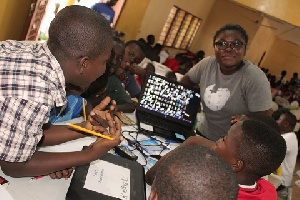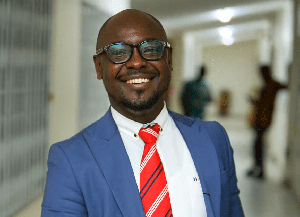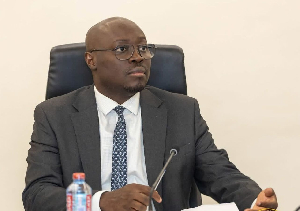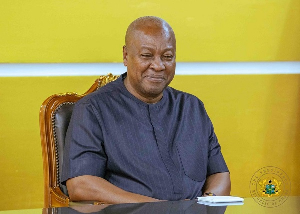Digital literacy has become one of the most important skills required in everyday life. Digital literacy is the knowledge, skills, and behaviours for the effective use of digital devices such as smartphones, tablets, laptops and desktop PCs for purposes of communication, expression, collaboration and advocacy.
To mark international literacy day and to increase digital literacy levels of young students, United Way Ghana on Thursday, September 7, held a training seminar in Nima for over two hundred students from lower and upper primary in basic schools in the Ayawaso East Municipality.
Under the theme – Literacy in a Digital World, the students were taken through practical exercises on how to find information online with basic search engine tools and using computer applications for learning.
“We believe that equipping children with relevant digital skills at an early age will give them a stronger advantage and help them leverage the opportunities of today’s digital world as they grow,” said, Mrs. Safuratu Andani, second vice chair of United Way Ghana’s Governing Council. “Technology is at the core of everything we do, it is our collective responsibility as a nation to assist young people to get access to technology and use them appropriately to improve their study.”
Preceding the digital training, a stakeholder durbar was held for community leaders, parents and teachers to enlighten them on their crucial roles in creating an enabling environment for young people to use digital technology effectively and appropriately.
Speaking at the durbar, Country General Manager for IBM Ghana, Angela Kyeremanten-Jimoh announced plans to introduce a weekly digital training initiative for students in Nima to bring them up to speed with the rapid progress of digital literacy globally. She added that, “Without computers and digital literacy, keeping abreast with and staying at pace with the world is difficult. With effective deployment of technology in education, students and schools can advance the way they study and learn.”
Anis Haffar, a renowned educationist and author, tasked parents to guide their children in the use of digital technology and support their interest to pursue careers in that field. “We are doing our children a disservice if we don't provide an enabling environment for digital literacy. They need all the assistance and training required to enable them access the right information online to improve their quality of knowledge.”
The event forms part of United Way Ghana’s Improving Basic Education programme targeted at students in the lower and upper primary in basic levels. Students were trained in break-out sessions by volunteer facilitators from Achievers Ghana, Open Foundation West Africa, AB & David Africa, IBM, World Reader, Baraka Policy Institute and Ghana Muslim Academy. The event was supported by Databank Foundation, TopDog Africa, Belaqua, Crust Media and Japan Motors.
Sekina, 12, a beneficiary of the digital literacy training expressed renewed interest in understanding more learning tools in the digital world. “I have picked up some useful tips on using Google to search for topics for my assignments. It has been very beneficial to me.”
September 8 was proclaimed International Literacy Day by UNESCO on November 17, 1965 to highlight the importance of literacy to individuals, communities and societies. This year, the theme ‘Literacy in a Digital World’ looks at how digital tools are being optimized to bridge the literacy gap in today’s age of information.
United Way Ghana was established in November 2003 to support community investment projects in education, health and financial stability. It is a member of United Way Worldwide, a global network in 47 member countries developing models for sustainable impact at the community and grassroots levels.
General News of Monday, 11 September 2017
Source: Henry Derben
Over 200 basic school students trained in digital skills on Int. Literacy Day
Entertainment












